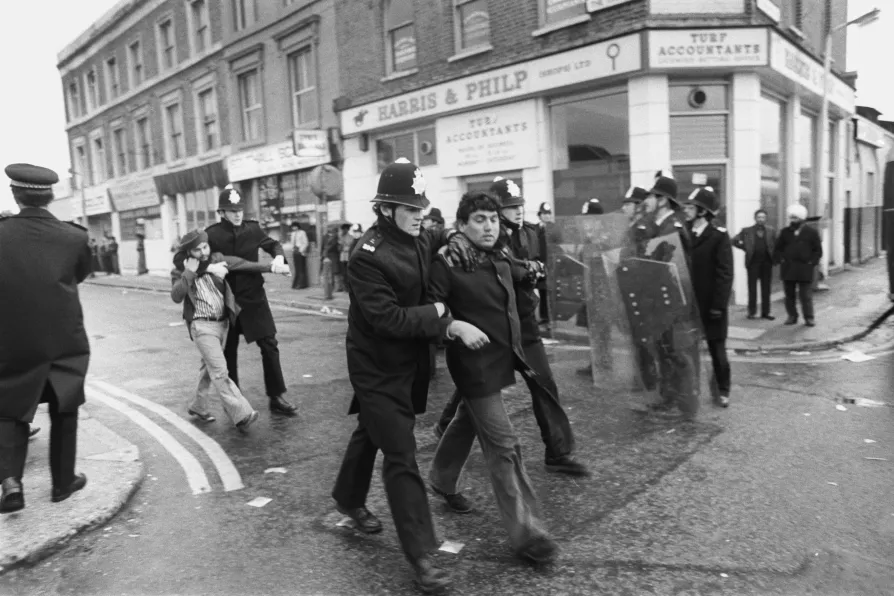By pressuring Mexico to halt oil shipments, Washington is escalating its blockade of Cuba into a direct bid for economic collapse and regime change, argues SEVIM DAGDELEN

 Asian anti-fascists face police repression during clashes with the racist National Front in Southall, London, April 1979
Asian anti-fascists face police repression during clashes with the racist National Front in Southall, London, April 1979
THE Nationality and Borders Bill allows the government to strip, without notice, the nationality of nearly six million British citizens, including two in every five black people, even if this makes those people “stateless.”
The Bill, now heading for the House of Lords after the Tories voted it through the Commons last week, also criminalises anyone helping an asylum-seeker to arrive in Britain — with a penalty of up to life imprisonment.
When one sees these measures alongside this government’s deeply draconian measures in the Police, Crime, Sentencing and Courts Bill to curb non-violent protest, everyone should be incandescent with rage — but realise these are not new proposals.

On the anniversary of the implementation of the 1833 Slavery Abolition Act, ROGER McKENZIE warns that the legacy of black enslavement still looms in the Caribbean and beyond

ROGER McKENZIE expounds on the motivation that drove him to write a book that anticipates a dawn of a new, fully liberated Africa – the land of his ancestors

This year’s Bristol Radical History Festival focused on the persistent threats of racism, xenophobia and, of course, our radical collective resistance to it across Ireland and Britain, reports LYNNE WALSH











